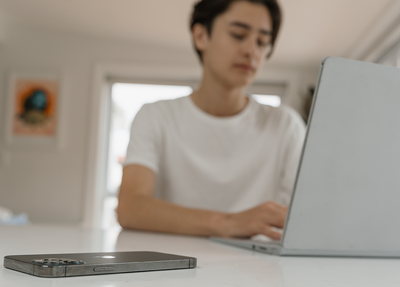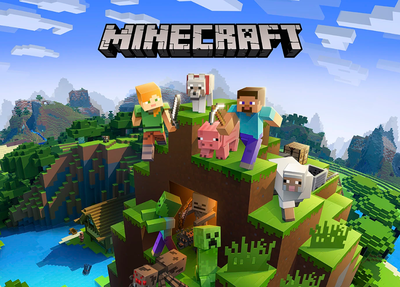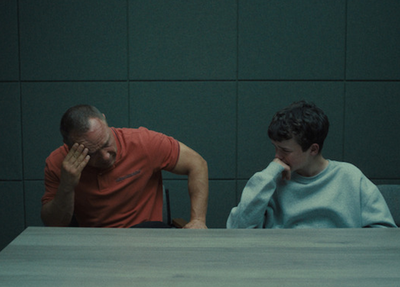
Parents, are you watching Love Island?
Caitlin on Aug. 16, 2022
Has someone in your whare been watching Love Island? Maybe it’s you? Or perhaps the very idea of it has you reaching for the remote to watch Mastermind instead.
Personally I love reality shows but I get it that a lot of people don’t. However, before you turn your nose up at this type of content you might find that reality shows can provide some good opportunities to have positive conversations with rangatahi about what they watch.
Love it or hate it, Love Island is not going anywhere. The eleventh season - All Stars edition, is well under way and full of some of our favourites faces. Every year it has taken the internet by storm with episodes dropping every day on Neon.
For those of you who think it’s trash, well you’re not wrong. It sets unrealistic expectations about relationships and the way we ‘should’ look, and the horrific trolling and bullying that goes on is actually scary. You’ve got to wonder what impact there might be for young people absorbing it. Could it have an impact on how you see identity things like a positive body image, and healthy relationships?
As parents/caregivers it might have felt like a relief when your kids were old enough to watch stuff by themselves, but watching this kind of show with your rangatahi might be a useful thing to do. Yes, it’s cringe and ridiculous but if you hold in the laugh and avoid mocking it you might get to have some pretty rich conversations. Start by asking questions that will prompt discussions about things like the positives and negatives of on-screen relationships, the behaviours demonstrated and the standards of beauty that are being shown.
Ask questions like:
- Who are your favourite and least favourite contestants? Why?
- Have your favourites and least favourites changed throughout the series? Why?
- Do you think the show is realistic?
- Do you think the show reinforced stereotypes? How?
- What do you think is important in a healthy relationship?
- Do the way people look and act in reality shows reflect what you see in the real world: at school, at home and in the community?
If you are open to hearing their views you could get some really interesting conversations going. It’s hard as a parent not to be dismissive of content that’s negative without engaging with it but that’s not going to open any doors.
Helping rangatahi step through content that includes a variety of problematic themes, depictions and ideals means that when they come across something on their own they will have some tools to critique it themselves. They might also come back to you and talk about what they have seen because of that trust already built with them.
#KōreroTahi
#MātakiTahi
Further reading
Talking with young people about what they’re watching
Brain development – how it works, why it matters
Help information
Negative or sensitive content can make us feel not great. It is okay to not be okay. Take a break and talk to your friends or whānau.
Don’t know who to talk to? Free call or text 1737 for more support.
Subscribe to our blog
Stay up to date with the Classification Office blog.


